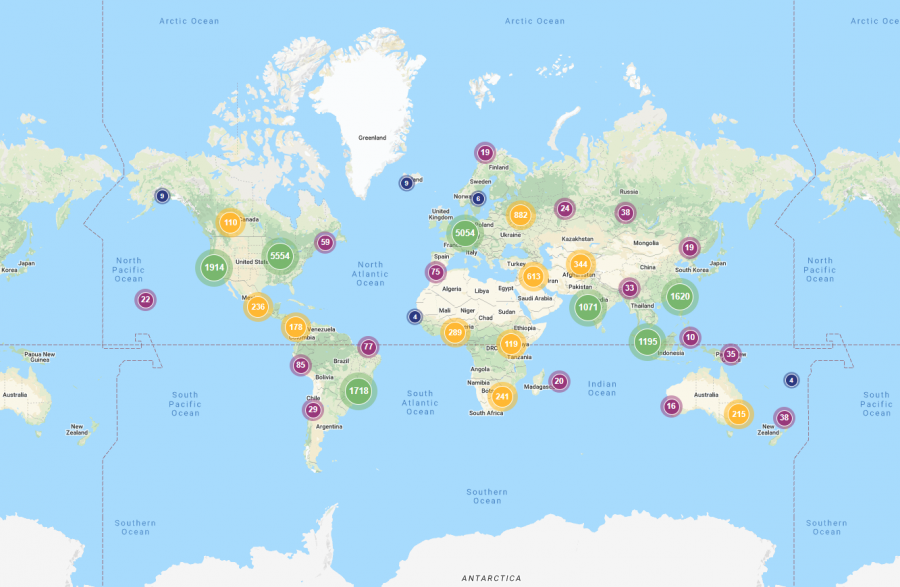
Yesterday we discussed graduate students’ options for publishing OA and CC licensed works on Digital Commons @ Michigan Tech, but this isn’t the only group of husky authors that go the extra mile to make their work accessible and reusable at no cost to the public – numerous members of the Michigan Tech community do!
The Open Educational Resources collection on Digital Commons @ Michigan Tech highlights a variety of faculty, staff, and student works that were published on the repository or through 3rd party publishers that are available full-text to the world. In only the last month, these works have been downloaded over 25,000 times from 150 different countries, showing the vast reach that open scholarship has. View the complete Digital Commons Readership Dashboard for these works here.
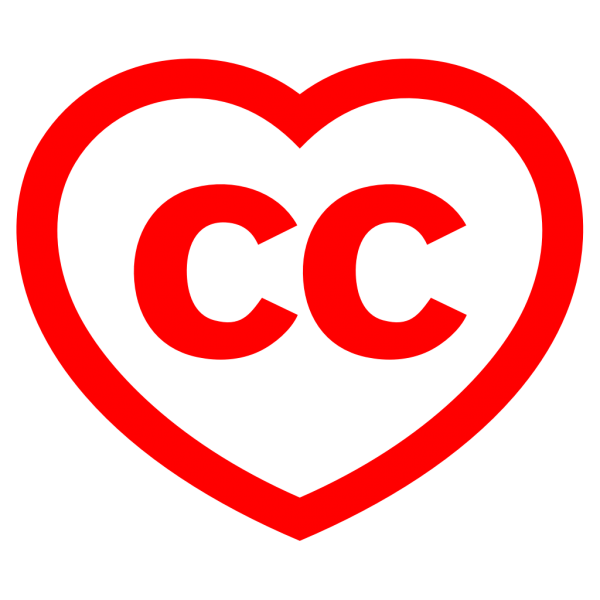
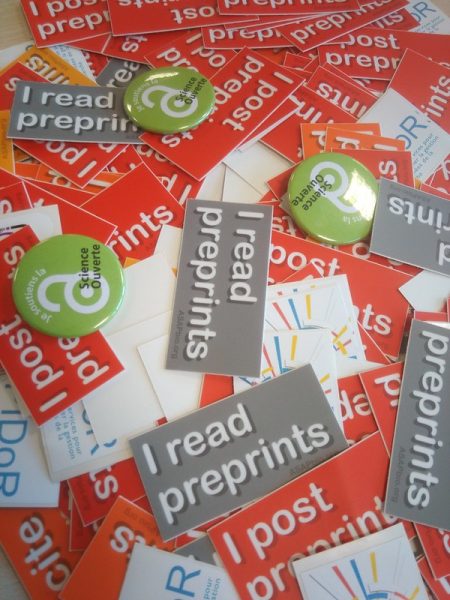
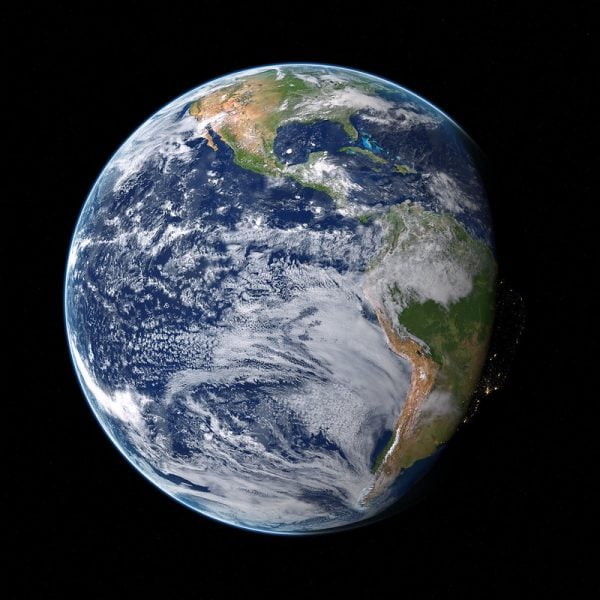
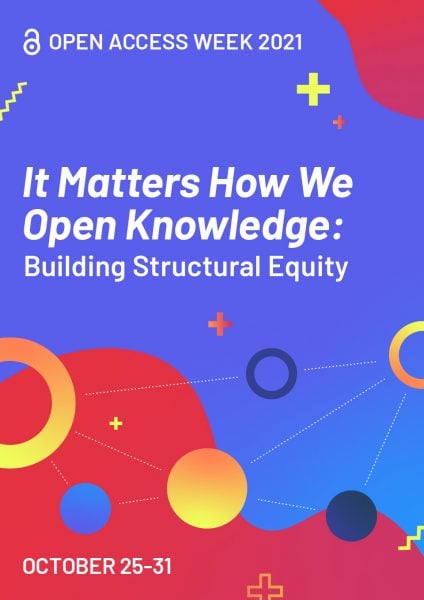
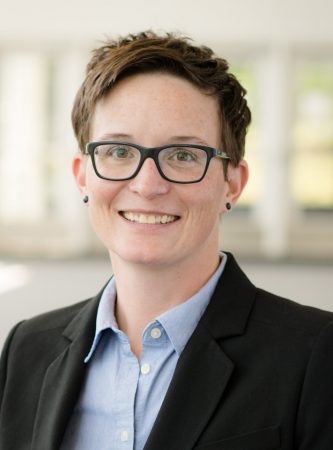
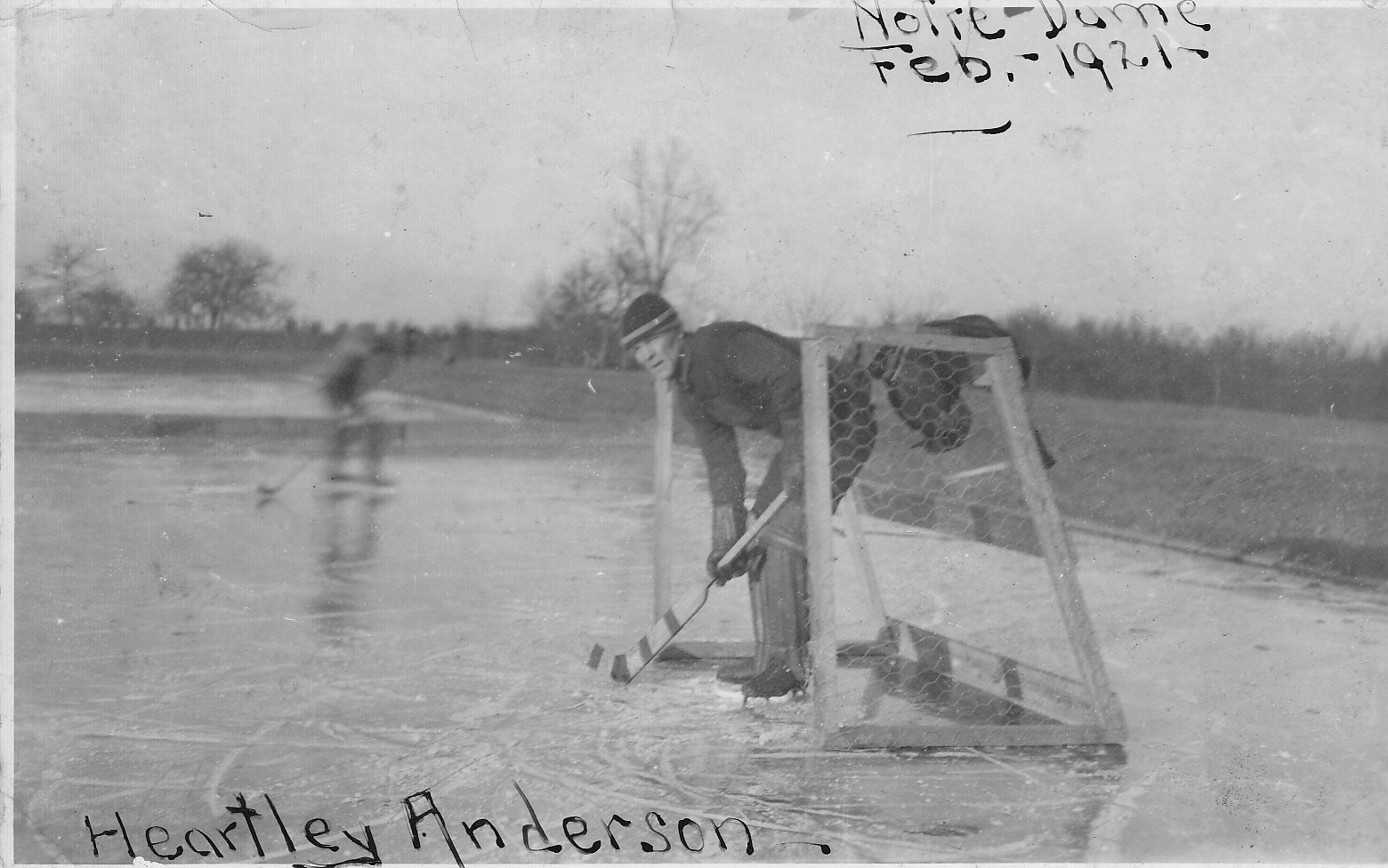 The East Reading Room • October 14th, 6 p.m. – 7 p.m.
The East Reading Room • October 14th, 6 p.m. – 7 p.m.